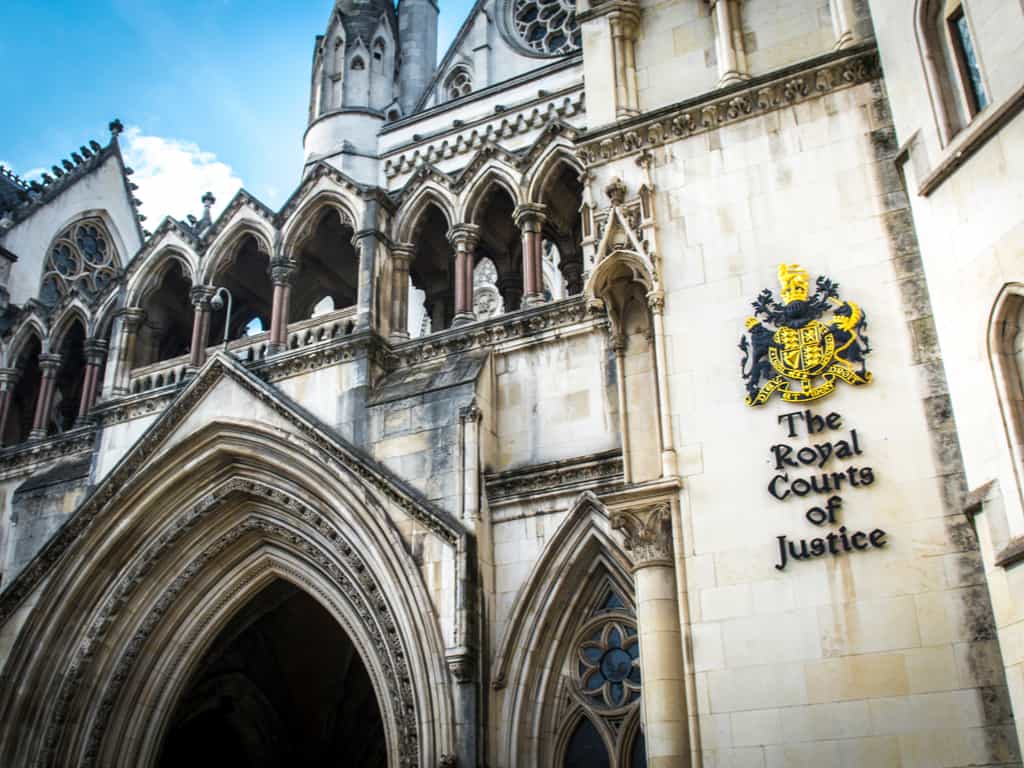Whistleblowing victimisation and Judicial Immunity
Did a decision by the Chief Adjudicator of the Traffic Parking Tribunal not to allocate cases to a Parking Adjudicator amount to a detriment for whistleblowing? No, says the EAT in the case of Engel v PATROL 2013.
Mr Engel was a Parking Adjudicator authorised to hear appeals against decisions of local enforcement authorities. The Chief Adjudicator decided not to allocate cases to Mr Engel because of concerns she had about his conduct of two hearings in 2011.
Mr Engel complained about the actions of the Chief Adjudicator and claimed that he was subjected to a detriment by reason of the fact that he had made certain public interest disclosures about the Chief Adjudicator to the lead authority.
The EAT dismissed Mr Engel’s appeal and held that the Chief Adjudicator’s decision not to allocate cases could not amount to a detriment for whistleblowing because it was made by her in the exercise of judicial functions in her capacity as a judicial office holder, and was therefore, covered by judicial immunity.
The EAT stated that a decision not to allocate cases to a judge is sometimes taken pending the outcome of a disciplinary complaint. In the case of a complaint which might call into question a judge’s “suitability to remain in office or to continue to try cases of a particular class, the decision would normally be taken to maintain public confidence in the administration of justice and to avoid any litigant whose case was determined by that judge having cause to challenge his judgment on the ground that he had heard the case. Non-allocation, would in those circumstances, clearly be a decision taken in the exercise of judicial functions”.
If you require further information or would like to discuss a whistleblowing claim, please contact our highly acclaimed employment solicitors on 0207 956 8699 or email info@rllaw.co.uk. Our employment solicitors regularly advise senior executives and corporate clients on whistleblowing issues and other related matters.



